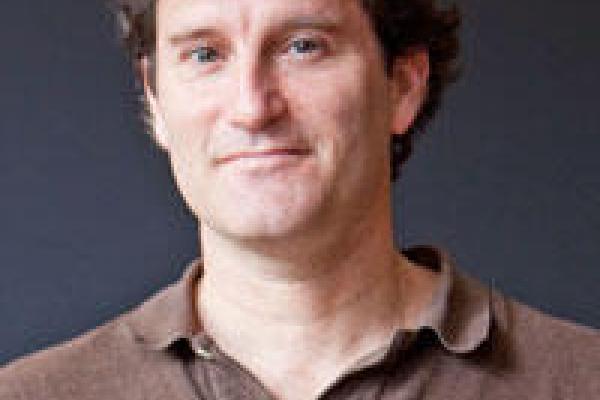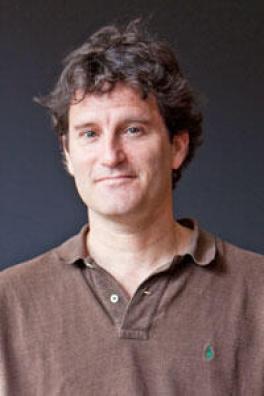
Towards Living Synthetic Matter
Dr. Michael Brenner
Harvard
Watch the recording
Faculty Host: Brian Skinner

Abstract: Biological systems provide an inspiration for creating a new paradigm for materials synthesis. What would it take to enable inanimate material to acquire the properties of living things? A key difference between living and synthetic materials is that the former are programmed to behave as they do, through interactions, energy consumption and so forth. The nature of the program is the result of billions of years of evolution. Understanding and emulating this program in materials that are synthesizable in the lab is a grand challenge. At its core is an optimization problem: how do we choose the properties of material components that we can create in the lab to carry out complex reactions? I will discuss our (not-yet-terribly-successful efforts) to date to address this problem, by designing both equiliibrium and kinetic properties of materials, using a combination of statistical mechanics, kinetic modeling and ideas from machine learning. This talk will contain many more questions than answer, which is probably appropriate for a Colloquium.
More about Dr. Brenner:
Michael Brenner is the Michael F. Cronin Professor of Applied Mathematics and Applied Physics, and a Professor of Physics at Harvard University. He obtained his PhD from the University of Chicago in 1994 under the advising of Leo Kadanoff, before moving to MIT as an Assistant Professor of Mathematics. Since 2002 he has been a professor at Harvard University.
Prof. Brenner's research group works on a wide variety of topics that can broadly be described as "applied mathematics for the physical sciences and engineering." These topics have ranged from fluid mechanics to ecology to manufacturing to artificial life. He has been awarded a number of prizes, including the Stanley Corrsin Award for Fluid Mechanics and appointment as a Simons Investigator.
